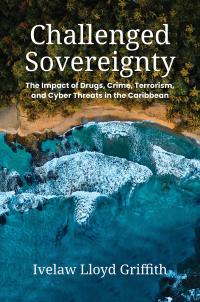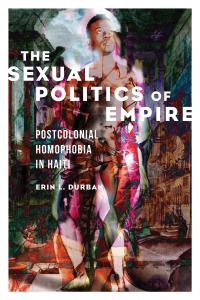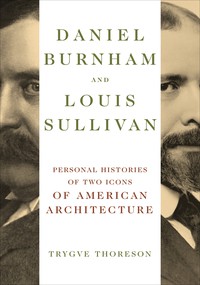
Caribbean Spaces
About the Book
Drawing on both personal experience and critical theory, Carole Boyce Davies illuminates the dynamic complexity of Caribbean culture and traces its migratory patterns throughout the Americas. Both a memoir and a scholarly study, Caribbean Spaces: Escapes from Twilight Zones explores the multivalent meanings of Caribbean space and community in a cross-cultural and transdisciplinary perspective.From her childhood in Trinidad and Tobago to life and work in communities and universities in Nigeria, Brazil, England, and the United States, Carole Boyce Davies portrays a rich and fluid set of personal and professional experiences. She reflects on these movements to understand the interrelated dynamics of race, gender, and sexuality embedded in Caribbean spaces, as well as many Caribbean people's traumatic and transformative stories of displacement, migration, exile, and sometimes return. Throughout, she demonstrates how a Caribbean perspective has linked her political vision to broader currents of the Black World including the Civil Rights Movement, the environmental catastrophes of Haiti, the failure of the New Orleans levies during Hurricane Katrina, and the use of modern technologies such as smartphones and global positioning systems within the Caribbean. Ultimately, Boyce Davies reestablishes the connections between theory and practice, intellectual work and activism, and personal and private space.
About the Author
Carole Boyce Davies is a professor of Africana studies and English at Cornell University. Her many works include Left of Karl Marx: The Political Life of Black Communist Claudia Jones and Black Women, Writing and Identity: Migrations of the Subject. She is the editor of the three-volume Encyclopedia of the African Diaspora: Origins, Experiences, and Culture and several other collections in African and Caribbean studies and black women's studies internationally.Reviews
"Eminently readable and often entertaining. . . . Instead of going easy on the spices, Boyce Davies provides us with a savory feast of experiences, memories, and reflections on her personal and professional life."--Research in African Literatures"Carole Boyce Davies has constructed a colorful, highly readable narrative containing memoir, notes on family history, sociocultural analysis, and literary criticism."--Journal of African American History
"The book is engaging in its discussion of gender identity and expressions of a feminist sensibility. . . . Caribbean Spaces, a series of meditations inviting readers to explore and interrogate carious Caribbean world spaces, has a lot more to discover. Enjoy the journey."--New West Indian Guide
Blurbs
"Carole Boyce Davies has deftly used the personal to illuminate the universal. Her writing about her mother's innate brilliance and sauciness, like her wonderful autobiographical pilgrimage from Trinidad to Upstate New York, proves, yet again, why she is so crucial to us as a cultural critic. I can't think of a book that better combines the experiential with the theoretical, the political with the commonsensical, in prose that is lyrical, evocative, and lucid."--Kenneth A. McClane, W.E.B. DuBois Professor of Literature, Cornell University
"With a superb alloy of intellect and imagination, Carole Boyce Davies has brought exceptional excitement to paradigms of space that conceal more than they reveal. Caribbean Spaces: Escapes From Twilight Zones advances the extreme of phenomenal questions. Her endeavor here is heroic."--Leroy Clarke, Caribbean artist
"Persuasive and comprehensive, Caribbean Spaces achieves an intriguing sequence of intricate journeys through Caribbean and African diasporic cultural spaces, political landscapes, historiographies, and literary-artistic terrains, each keenly observed. The result is a powerful engagement of the politics and realities of diaspora with black women’s histories in particular. The voices of writers, poets, activists, and those of the author's own family complete the lively, necessary concert."--Thomas Glave, author of Among the Bloodpeople: Politics and Flesh








